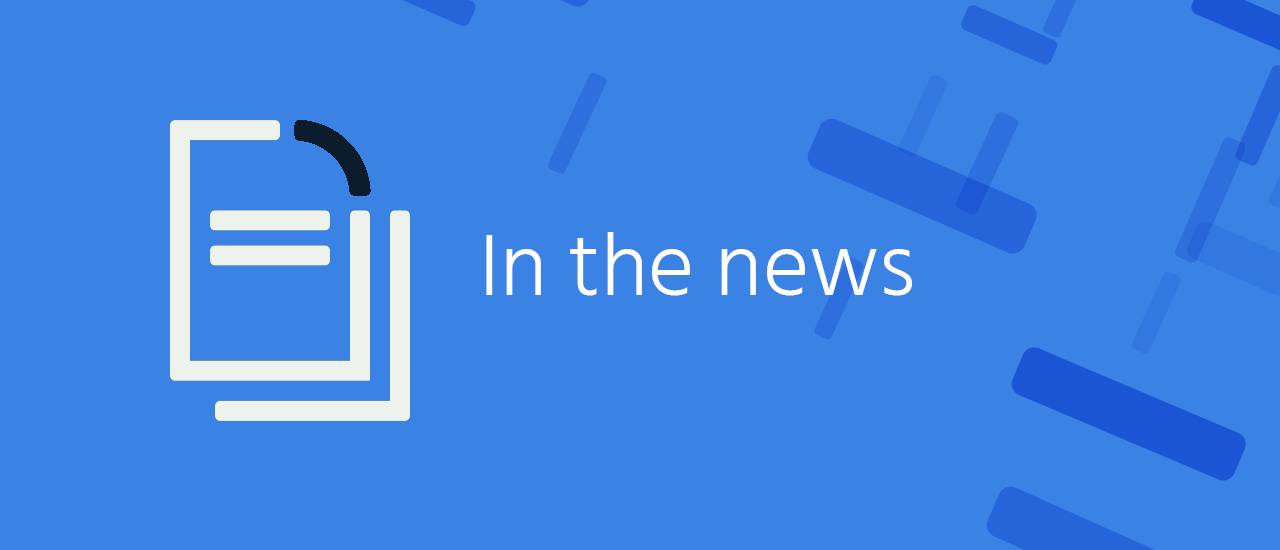A big deal: A US$1.2 trillion infrastructure bill being debated in the U.S. Congress would include US$65 billion to build out broadband networks and help pay for service, reports NBC News on Yahoo. The funding for broadband access would be “a game changer,” for Black communities, said Don Graves, the Biden administration’s deputy secretary of commerce. “It will have a massive transformational impact.” Black and Latino communities have lagged behind the general U.S. population in access and adoption.
Solution overkill: The Indian state of Rajasthan shut down mobile Internet access for all residents for nearly 12 hours on 26 September to prevent cheating on the Rajasthan Eligibility Exam for Teachers, a test to determine test-takers’ ability to work at government-run schools in the state, Vice.com reports. About 1.6 million people were taking the test, but more than 68 million people live in the state. Some residents complained that they were unable to work from home, attend online school, make digital payments, or use Google maps.
Social harm: A group of U.S. Senators ripped into a Facebook executive after internal studies found that Instagram, which is owned by Facebook, is harmful to girls and the way they think about body image, NPR reports. Among the internal findings at Facebook: One in three teenage girls said Instagram makes their body image issues worse. A small number of teens even traced their suicidal thoughts directly to the app.
Linked out: LinkedIn appears to be blocking access to some U.S. journalists’ accounts in China, leading U.S. Senator Rick Scott, a Republican from Florida, to criticize the social media site and parent company Microsoft, the South China Morning Post writes. “The censorship of these journalists raises serious questions about Microsoft’s intentions and its commitment to standing up against Communist China’s horrific human rights abuses and repeated attacks against democracy,” Scott wrote to executives at the company.
Vaccines for all: YouTube has recently started banning prominent anti-vaccine accounts, including accounts that oppose vaccines for illnesses like measles and chickenpox, the Washington Post reports. The site had previously banned some accounts opposing COVID-19 vaccinations, but the recent efforts are taking a broader approach against anti-vaxxers. A couple of prominent anti-vaxxers complained that negative information about vaccines is being suppressed.
